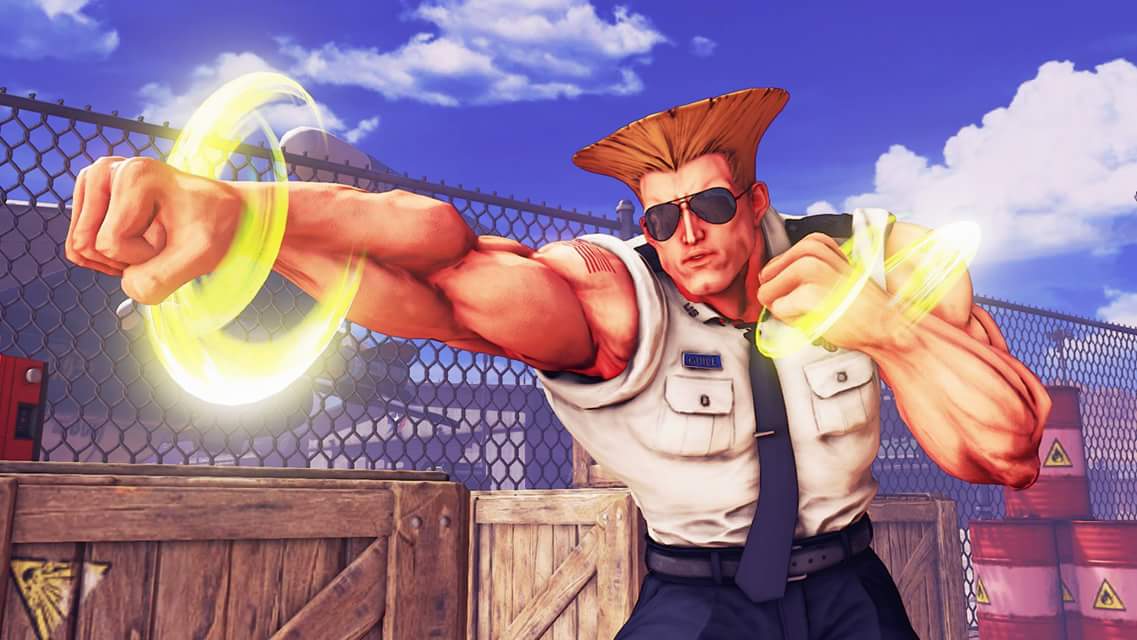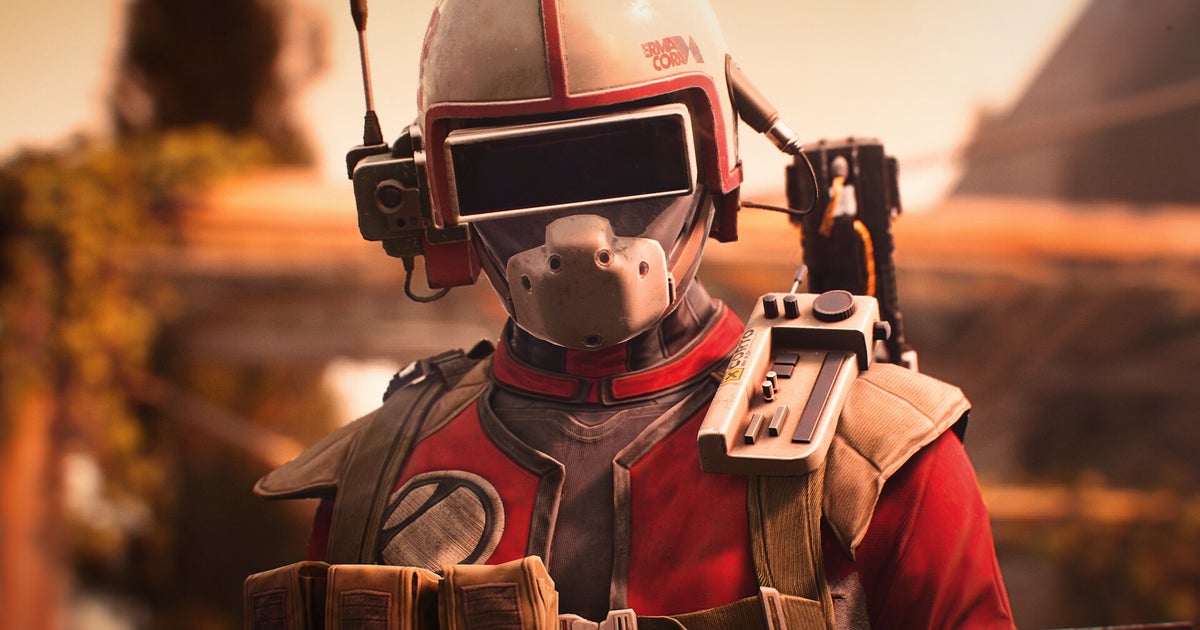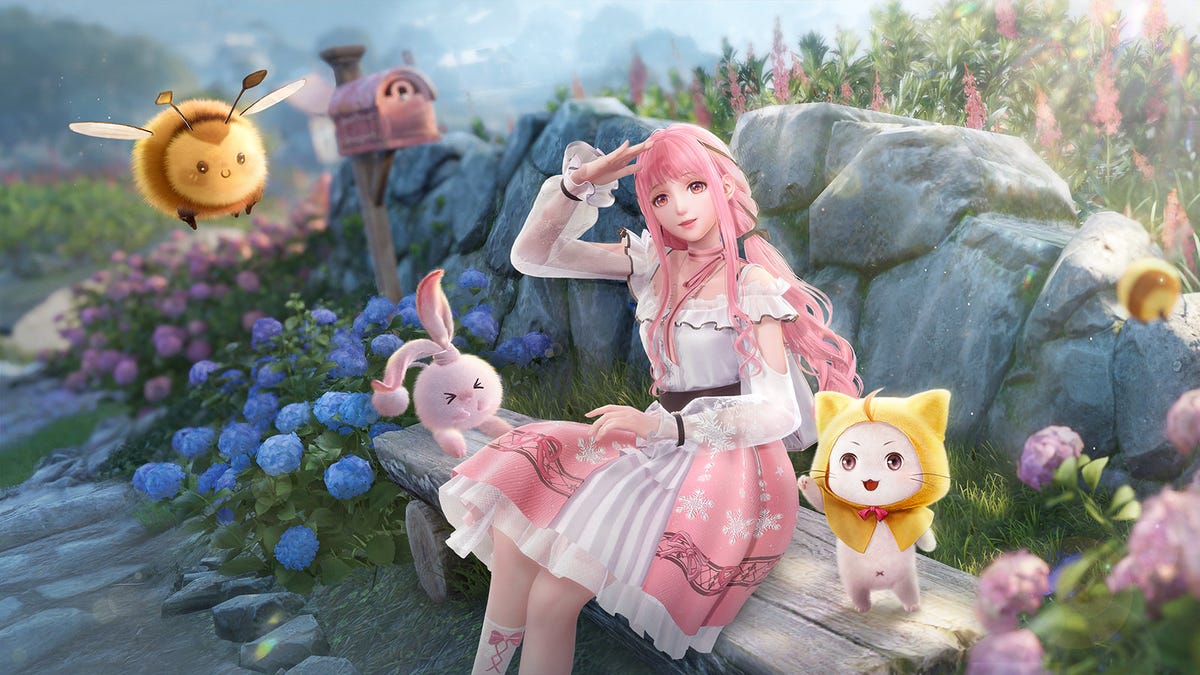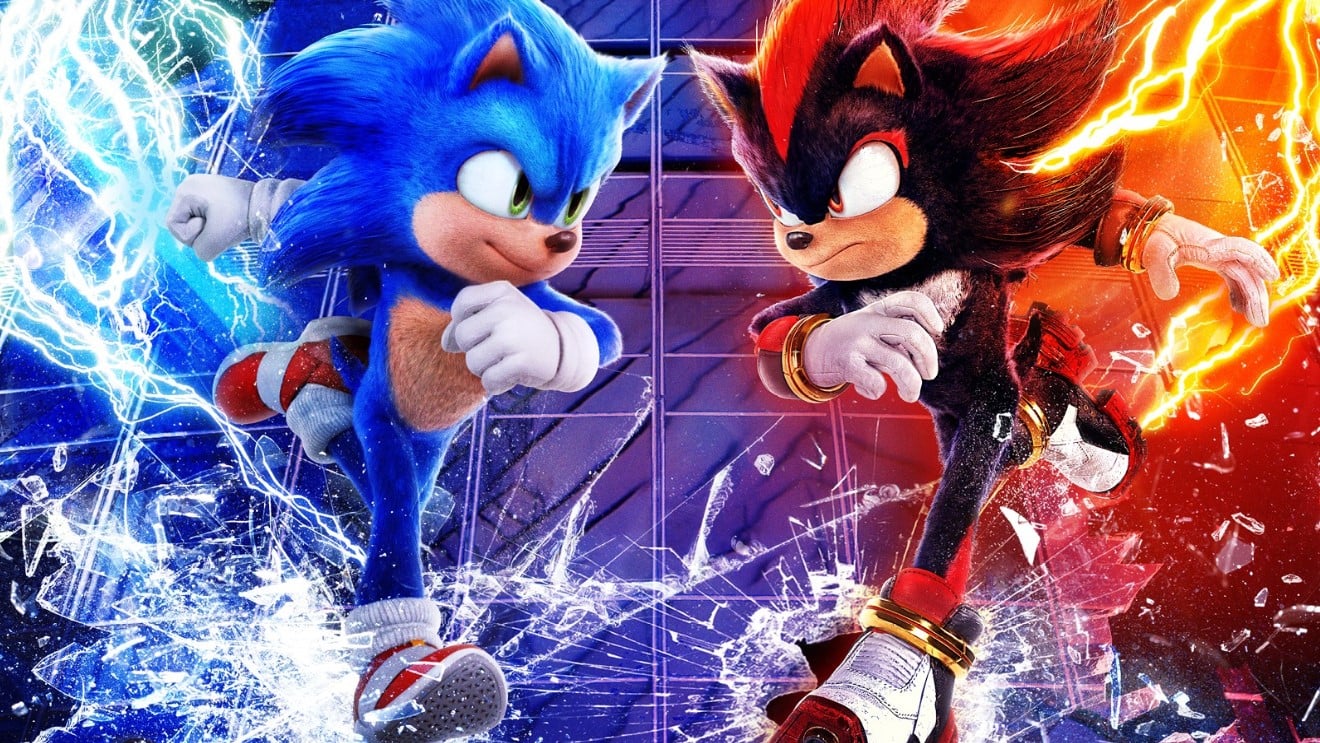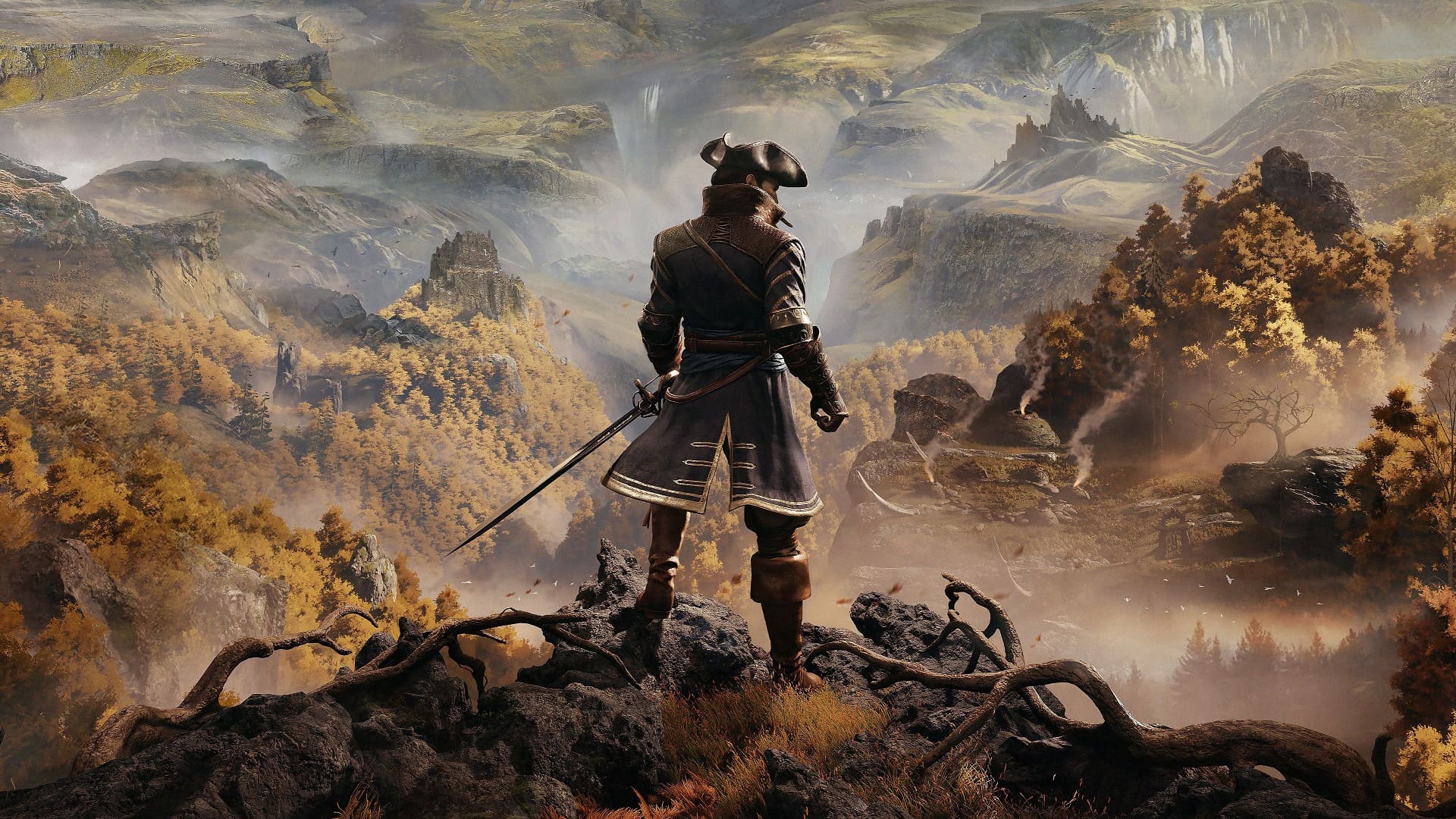There’s an update to the ongoing Capcom esports licensing debate, which seems to close the book on questions for owners and participants of community events, who are in a better position than they were in March of this year.
In an official post published on the Capcom USA website, the original rules have been revised, along with an explanation of why the changes were made and a short series of quick expositions on some of the frustrating issues. All in all, it appears that the vast majority of major issues are at least mitigated, which in turn provides more breathing room for smaller events, such as your usual regional monthly tournaments or weekly pub game sessions.
The article also lists some major changes, which we include below:
- Increased prize pool limit per event from $2,000 to $10,000
- Removed $10,000 annual bonus pool limit
- Increased sponsorship limit per event from $5,000 to $6,000
- Increase sponsorship limit from $20,000 to $30,000 per year
- Audience fee limit changed
- Changed venue restrictions for bars
- Removed permission giveback for video/photo content captured at events
The first notable is the dramatic shift in prize pool limits, which now allow well-attended bi-weekly or monthly events to remain within the bounds of the community. Sponsorship restrictions are also more relaxed, as are the blockades that prevent the stress-free hiring of photographers, camera operators or events in bars.
As for why the changes happened, the post detailed: “We want to thank our passionate fans for the feedback we received after the first version went live. We hear your voice. Respecting the grassroots traditions of the Street Fighter community is for us Very important. To that end, we’ve updated the Street Fighter V Community License Agreement, taking into account the feedback we’ve received from the community, while maintaining our original goal of offering a free license.”
These are not fully locked down yet, and Capcom will continue to monitor the situation over the next few months. Overall, the response from the community seems to be good – except for those who don’t understand the general licensing needs, they are still confused by the brackets separating the college Street Fighter weekly tournament from the free subway as a standout prize, and the Combo here in the UK Big events like Breaker and VsFighting.
Professional photographer Robert Paul is one such grateful community member, People who previously claimed they would turn down jobs at future Capcom events If the previous version of the agreement continued (which would allow Capcom to freely use their work). As it stands, Capcom needs to contact and request permission for photos taken by Robert and others, an invaluable position as a fighting game creative. Or, in fact, as a creative working in any field.
But why does this all matter? Sure, that’s great for tournament organizers and those looking to start their own events in space, but what makes this worth a whole article? Well, that’s an important lesson for the fighting game community or any growing grassroots community in the video game space. There’s room for your voice to be heard, for certain core values to stay the same, and for the self-interest of those who put their time and energy into gaming activities — and ultimately — publishers who benefit from it anyway.
Shortly after the original agreement was announced, I read an article on Gamesindustry.biz titled “Tournament Licenses Are Necessary Steps to Tame the Esports Wild West.” It makes a convincing argument for the merits of enforcing the licensing agreement, which he describes as a tame of the Lawless Land, where money matching and other acts that don’t meet Capcom’s expectations have been in Street Fighter 5’s menu music. Happened to sound in the background.
This is true to a certain extent. There will come a day when an event has to wear a nice shirt and tie to enter the professional world. Evo is the fighting game community’s largest event (originating in 1996’s Battle for the Gulf) and has been without “grassroots” for over a decade. It traded in slutty ways, such as outright gambling on the showroom, and anything deemed “thug” to improve relations with these publishers, which in turn developed into a fighting game Christmas.
While removing more adult themes and behaviors comes with increased sponsor and publisher engagement, the dangers of letting companies take power and guide the direction of the scene are dangerous. The aforementioned mob rules were ridiculed and brought to the fore at the time, especially since these “thugs” have grown into the tournaments that Capcom uses for its Pro Tour events.
What some see as atrocities can be interpreted by others as community culture, wash it all away in order to achieve a League of Legends-style spotless currency generator, and all is well…until you consider possible in the process what will be lost. Is Capcom some big evil corporation that wants to run a fighting game? Obviously not. But it’s a huge company, which means it often turns a blind eye to aspects of its community that are holding back its game in the pursuit of growth.
Take another recent example from sunny old England. Back in April, Capcom planned to have zero commentators from the UK and Ireland at Capcom Pro Tour events – including events in the UK and Ireland. A small thing for some, but a big indicator of a lack of thought at the grassroots level. WSOLogan and others have been enthusiastic supporters of British Street Fighter for years and have been replaced by others better suited to corporate interests who may deem a better fit for the event.This again has received a warm response from the community, and Support is being poured out on those affected. We had British lad Jammerz in the top 8 commentators when the UK and Ireland Capcom Pro Tour events happened. Is this the result of a tantrum? Are we throwing toys out of prams when we expect British voices to showcase games played at UK events?
It is critical that we continue to use our influence over the company to maintain every aspect of the communities we participate in, otherwise what we lose could cut even more fat chunks from a scene that’s been around for decades. The Open Bracket – where players who train hard enough can get the chance to play against some of the best players in the world on a tournament field – is a core pillar of the community. However, from a publisher’s point of view, you might argue that it takes time away from pro gamers, which is what fans really want to see. Let’s drop it in favor of E-League of Red Bull Kumite-style events.
Or streaming matches from a tournament pool where unknown players duel for spectators over the internet? Or, why do we have multiple races for our big events? We want people to focus on our game, so how about we isolate it from everything else. Oh, we don’t want our players to be famous for playing a competitor’s game! Let’s implement the Riot Games 2013 style exclusivity clause. For publishers, in the pursuit of growth, all of the above can be argued, but all of them can do enormous damage to these global communities.
Cowboys are still rocking around these sections. Fighting games are still in transition — moving toward the clean-cut esports environment that will inevitably happen — but while there is some power in the hands of community members, it’s buried beneath it for this growth.

